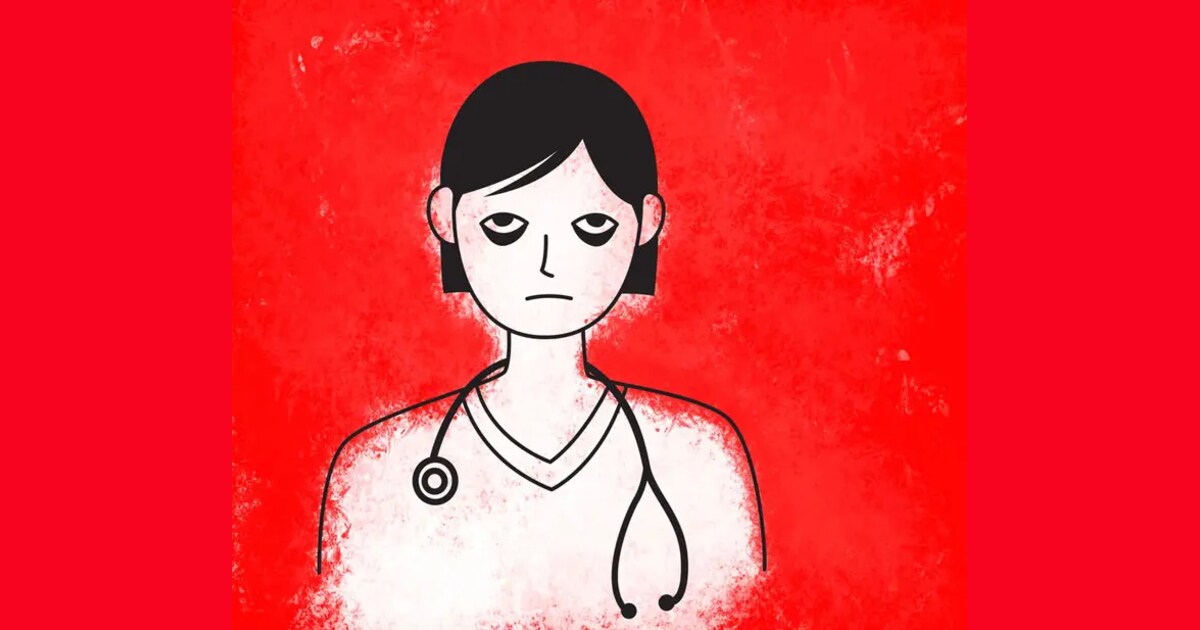Is it possible to care too much for others and harm your own mental health? This is known as compassion fatigue.
Mental health experts suggest it primarily affects individuals in caregiving professions or those who dedicate significant time and emotional energy to taking care of someone else.
While compassion and empathy are admirable qualities, they can lead to burnout, anxiety, and depression when individuals neglect to extend the same kindness to themselves that they offer to others.
Sussan Nwogwugwu, a psychiatric nurse practitioner at Done, defines compassion fatigue as a form of emotional and physical exhaustion, often accompanied by emotional distress.
Caregivers who continuously pour themselves into the well-being of another person may struggle to strike a healthy balance between empathy and objectivity in managing their own responsibilities.
The Impact of Compassion Fatigue
Psychotherapist Stephanie Sarkis highlights the severe mental health consequences associated with compassion fatigue, including anxiety, depression, and even suicidal thoughts. She notes that it can also manifest in the form of nightmares related to another person’s trauma.
Compassion fatigue can make individuals feel like they are trapped in a repetitive cycle, devoid of any enriching experiences or breaks. It can alter their perspective on people, even within their own families, as prolonged exposure to the challenges faced by those they care for can affect their perception of human behavior.
Sarkis summarizes the change, stating, “Before you saw people as basically good, but when you’re in a helping profession, you see the range of what people can do to each other.”
It serves as a poignant reminder of the importance of self-care and maintaining emotional boundaries when caring for others.








Leave a Reply
You must be logged in to post a comment.